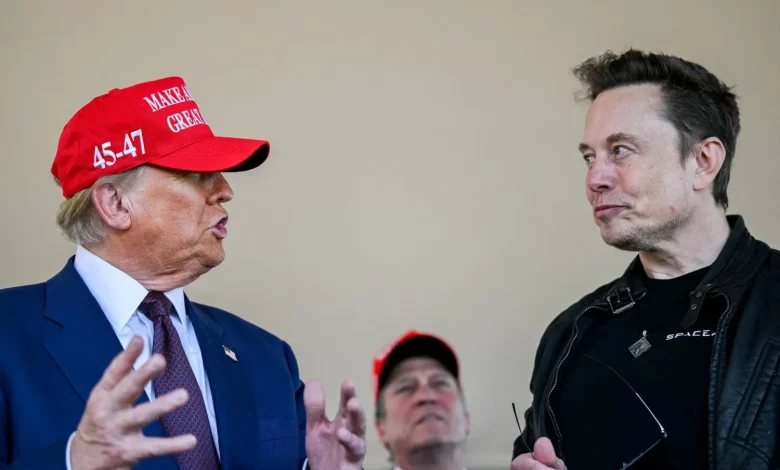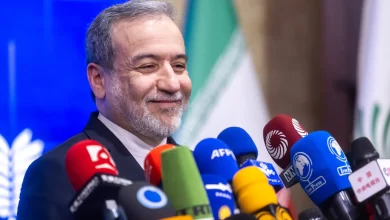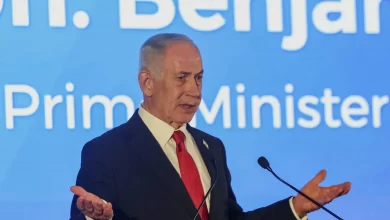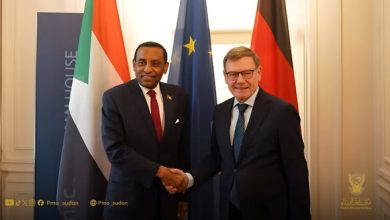InternationalNews
How Do Trump’s and Musk’s Interventions Pose a New Diplomatic Challenge?

The BBC highlighted the relationship between former U.S. President Donald Trump and billionaire Elon Musk, and its implications for U.S. foreign relations.
During Trump’s first term, governments worldwide braced themselves for his early-morning social media posts, wondering which policy they would reflect or which insult they would carry. Four years later, diplomats are again feeling tense as the sun rises on the U.S. East Coast.
At that time, officials learned to take Trump “seriously but not literally.” Despite many of his campaign promises, he neither pulled the U.S. out of NATO nor jailed his rival, Hillary Clinton. However, can leaders remain optimistic this time around?
Trump recently criticized the UK government’s decision to raise taxes on oil and gas companies operating in the North Sea, partially to fund renewable energy. Commenting on Truth Social, he said, “The UK is making a big mistake. Open the North Sea. Get rid of the windmills.”
The BBC questioned whether this was merely Trump defending an American company and his pro-fossil fuel stance or if it signaled a greater willingness to interfere in the domestic policies of a U.S. ally.
The significant difference now is that Trump is no longer acting alone. His ally, Elon Musk, has become more outspoken, using his platform (X) to attack the UK government on various fronts, including its handling of last summer’s riots, economic management, and, most notably, its approach to child abuse scandals.
Musk has posted a barrage of tweets targeting UK Prime Minister Keir Starmer, accusing him of failing to prosecute child trafficking gangs during his tenure as Director of Public Prosecutions. While British politicians cannot control these posts, they can manage their responses.
During Trump’s first term, governments and the media learned to pause before reacting to White House communications. So far, the UK’s Conservative Party has aligned with Musk. Party leader Kemi Badenoch stated that a full national investigation into the trafficking gangs was “long overdue.” However, Conservatives have hesitated to support Musk’s apparent endorsement of far-right activist Tommy Robinson, who was jailed in October for contempt of court after spreading false claims about a Syrian refugee.
Musk has called for Robinson’s release, but Conservatives remain cautious, aware of the controversial nature of his activism. Meanwhile, the Labour Party seems eager to avoid confrontation with Musk, a billionaire who might one day fund a rival political party. Nigel Farage’s Reform Party has suggested Musk is among a group of billionaires interested in supporting their campaigns.
Health Minister Wes Streeting condemned Musk’s comments about child abuse scandals as “wrong and misleading” but invited Musk to collaborate with the UK government to tackle online child exploitation.
Musk’s unusual interventions haven’t been limited to the UK. He has also called German Chancellor Olaf Scholz a “fool,” labeled German President Frank-Walter Steinmeier as an “anti-democratic tyrant,” and claimed Canadian Prime Minister Justin Trudeau “won’t stay in power much longer.”
According to the BBC, the challenge for politicians in Britain and worldwide is deciding which of these social media interventions warrant a response.



